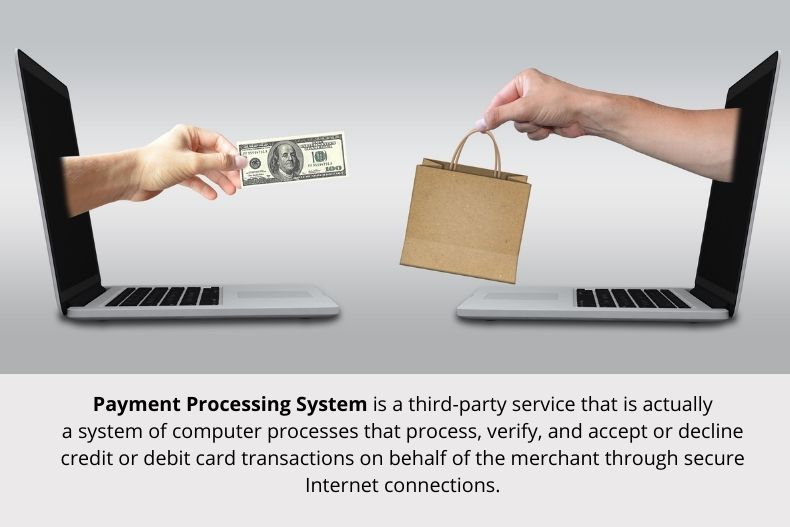

Yes, sometimes it is overpriced, but middlemen often deliver value-otherwise they wouldn’t exist. The value that middlemen capture is (often) not arbitrary. Real estate, marketing, customer service, and sales staff all come out of the retailer’s margin, which is why it marks up products accordingly. Yes, it’s causing the prices of products to double-a brand sells a retailer a shirt for around $45 and then the retailer sells it for $100-but everyone should be paid for the value that they provide. It is providing more value than it is costing, which keeps the relationship going. This relationship continues to be very powerful, and we will continue to see many brands built this way, such as Vetements, because it works when everyone’s priorities are aligned.Ī retailer, in this case, is a net good middleman. This relieves the brand of this burden, and it can now focus on designing and producing excellent products, while the store manages the selling. Second, the retailer ( usually) takes responsibility for selling the product. First, the retailer has an audience that a brand instantly gets access to. Retailers who buy products from brands at wholesale provide very real benefits. I’ve written extensively about the exaggerated death of wholesale, the channel that has built hundreds of lasting brands. They are often very important because they bring tangible value to the table.

These middlemen are most used when a brand outsources all of its operations, and are mostly ignored when a brand is vertically integrated. Each of these middlemen deliver value, but some brands take care of these steps themselves, while others try to own the entire process and the infrastructure that powers it. The more middlemen involved, the more expensive the goods will be. These middlemen are entirely hidden from the consumer, but they add costs at every stage. The other type of middleman is the back-end middleman, such as fabric mills, sewing factories, dye houses, logistics network and agents who tie all of these pieces together.

Doing this, however, requires a vastly different skill set and cost structure than a traditional retail brand. This middleman has been the go-to one to eliminate, as evidenced by brands such as Warby Parker, Bonobos and Everlane, which sell their products exclusively through their own channels. The first and most common middleman is the third party retailer. There are two general types of middlemen for ecommerce companies who sell physical goods. First, it demonized the actual benefits of middlemen and second, it undersold the challenges of starting a direct-to-consumer business and scaling it. This meme-driven fallacy has had two major effects. Additionally, the lack of specificity about which middlemen were being cut fueled the “Warby Parker for x” gold rush that was wildly misunderstood. Many companies have been founded on this premise without considering the potential benefits or disadvantages of cutting out middleman-and the additional work doing so now requires. These startups, and the entire premise of cutting out the middleman, are predicated on a misunderstanding that is verging on a fallacy: that cutting out the middleman is inherently a good thing that makes it easier and cheaper to build a scaleable business. But the default towards direct to consumer or nothing has done plenty of harm. There is no single path to launching a business today. (Warby Parker is not the first to do this-dozens of brands sell only in their own stores and online, such as Zara, H&M, Gap and others-but it remains the most prominent to do so post-internet, especially since it started on the internet.) The middleman fallacy Warby Parker, probably the most famous example that it’s now a meme-”We’re the Warby Parker for x”-cut out third-party retail and sold directly to customers, online and now in-store. Most of the time, it means a brand is cutting out third party retail distribution. Almost no other phrase has been uttered so much while simultaneously being the founding pillar of so many soon-to-be venture-backed startups.Ĭutting out the middleman means many different things. If I had to pick one phrase that best sums up the current state of ecommerce startups, “cutting out the middleman” would be it.


 0 kommentar(er)
0 kommentar(er)
